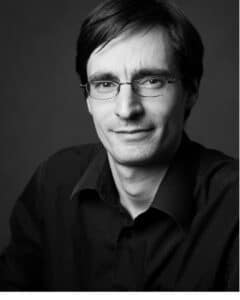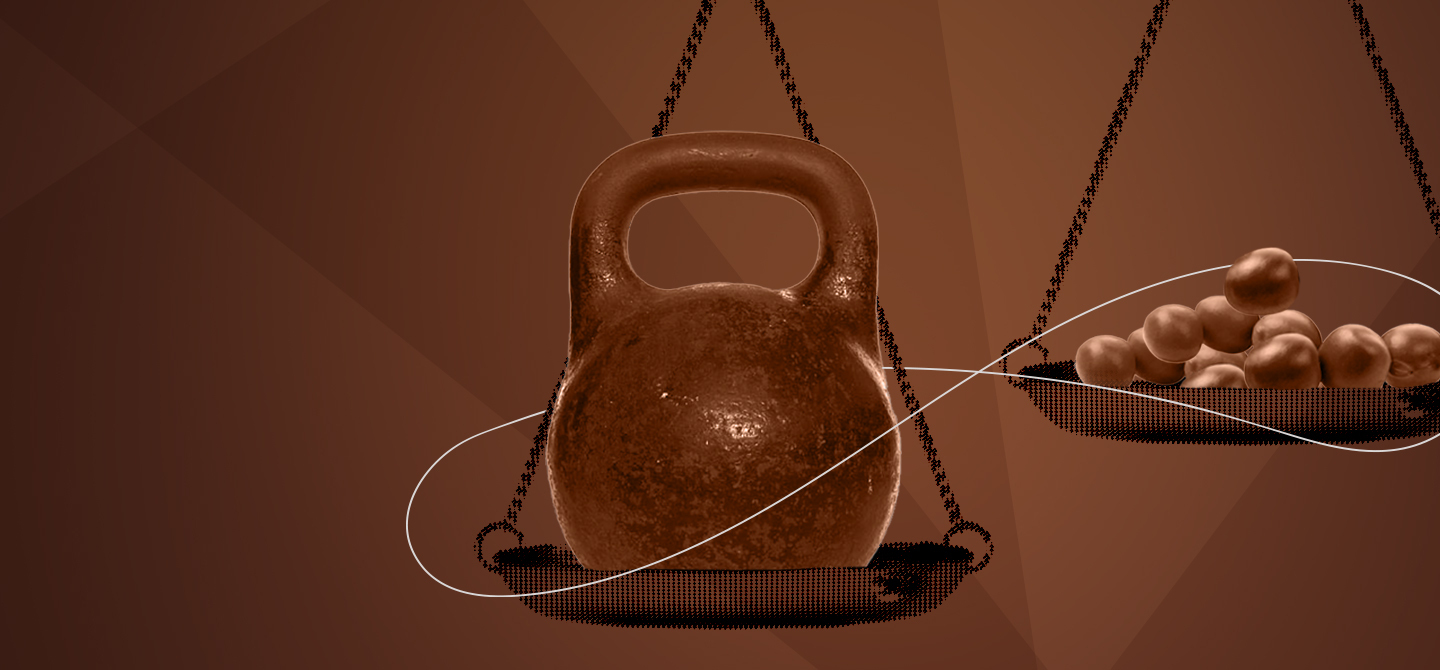The rate of income poverty and income inequality has fallen in France since Les Trente Glorieuses (“The Glorious Thirty” a thirty-year period of economic growth in France between 1945 and 1975). But is so-called objective data enough to understand the social hierarchy? Wouldn’t people’s perceptions provide the key to a better understanding of the current situation? This is Nicolas Duvoux’s thesis, in which he argues for subjectivity to be taken into account in the social sciences.
What made you want to write L’avenir confisqué?
The book was born out of an observation that there is a gap, scientifically but also socially and politically, between the so-called objective appraisal of social phenomena and the subjective appraisal that the people concerned have of them. Inequalities, for example, are traditionally considered on the basis of income or socio-professional categories. From this so-called objective point of view, the situation in France is less unfavourable than in previous periods or in other European countries. But this approach is not enough to assess the current situation.
A subjective analysis, taking account for example of social unrest, the crisis of confidence in institutions or the general level of satisfaction of the French people, gives a much more negative picture of the state of society. How can this discrepancy be resolved? The first way would be to dismiss the subjective view, by considering that the French people are mistaken in their assessment. The other approach, which I defend and put into practice in the book, is to consider that, on the contrary, subjectivity can be a factor that leads to a better assessment of the situation. The thesis of this book can be summed up as follows: let’s take subjective representations very seriously, let’s evaluate them as scientific problems, and let’s try to analyse society afresh on the basis of taking them into account.
What evidence is there to support this thesis?
The subjective approach has demonstrated its relevance in various fields. Let me give you two examples. The first is the perceived temperature, a statistical convention that incorporates wind and humidity in addition to ambient temperature in an attempt to identify physiological reactions. This temperature gives us an idea that is closer to what might be considered the truth from an epistemological point of view – and so in this sense it is more “objective” than ambient temperature alone. It is clear that there is no such thing as reality on the one hand and the subjective on the other: the subjective is also a set of statistical conventions, and it gives us a closer view of the phenomenon.

I found the second example in epidemiology. Numerous studies, most notably led by the British epidemiologist Michael Marmot, have shown that the way in which patients perceive their social status is more predictive of future deterioration in their state of health than their objective social status. Here again, incorporating subjectivity gives access to a wealth of information that is not accessible to so-called objective assessment.
You have conducted numerous surveys of the top, middle and bottom of the social hierarchy using this subjective approach. What are the overall conclusions you draw?
It’s clear that the subjective ability to see a positive future for oneself is a highly relevant way of interpreting society: not only does it allow us to describe the social hierarchy, but it also explains the unequal relationships that develop within it and how they are reproduced. On the first point, it is sometimes said that the political and social crises we are experiencing are due to an increase in inequality since Les Trente Glorieuses. This statement needs to be confirmed. It’s true that the wealthiest people are getting richer, and that more and more of their wealth is being inherited. But what we are witnessing is not so much an explosion in inequality as a reversal of the feeling of security into a feeling of insecurity. During Les Trente Glorieuses, life may have been hard, but there was a widespread prospect of progress, of improvement in the individual and collective situation. That has now disappeared for a whole section of the population.
According to your approach, the poor are people who can no longer see a real future for themselves. Who are they?
Together with sociologist Adrien Papuchon, we have carried out a cross-analysis of the understanding of poverty, on the one hand based on objective measurements and on the other hand based on measuring people’s feeling of poverty. Both approaches result in around 15% of the population being classified as “poor”. But there is only partial overlap between these two groups, which means that some people who are not considered poor from an objective point of view consider themselves to be poor, and vice versa.
The group formed by the subjective approach is more heterogeneous than the “objective” group: it includes people who are not in employment (generally identified by the objective approach) as well as blue-collar workers, white-collar workers, full-time employees, retirees, small-scale self-employed workers, etc., who are not classified as “poor” by the objective approach. This study has therefore made it possible to quantify and approach in a statistically extremely robust way the diverse social mix that has mobilised in the Gilets jaunes (Yellow Vests)movement.
What determines this ability to see a future and the associated feeling of security or insecurity?
We have shown that for the most disadvantaged men, being in a couple has a strong protective effect. But the key determinant is wealth. For those who have it, it provides a form of stability and temporal security. What matters is not so much the concentration of wealth as the ability to invest it in society. This openness ensures a form of control over one’s own life, that of one’s children, the transmission of wealth, and society as a whole.

On the other hand, the fact of not having any assets exposes people to a form of rampant social insecurity and a feeling of dispossession. This is very clear for retired people, for example. Few of them are poor in monetary terms, but more and more of them feel poor. These people are often tenants, and don’t see their future as anything other than inevitably deteriorating as a result of the rising cost of living.
How can the public authorities take these findings into account?
There is a very strong demand for security, stability and a sense of belonging to society. Populists have clearly understood this and are building their appeal precisely on the idea of regaining control. But if we are to analyse the situation in detail and come up with lasting solutions, I believe we need to listen carefully and deeply to what this insecurity is expressing, and fight against the temptation to dismiss the subjective. It therefore seems to me crucial that public statistics, first and foremost, take account of subjective data in understanding social positions, in addition to so-called objective data. In this context, the ability to see a future appears to be an indicator – like the perceived temperature mentioned earlier – that gives very accurate access to a person’s social position: when you make a self-assessment of your situation, you take into account your resources, your assets, your ability to develop professionally, etc. It’s not just a question of being able to project yourself into the future.
Then, of course, it’s not a matter of the public authorities directly transposing people’s feelings into public policy, but of reworking the demands for security in a collective way. Bourdieu’s work has shown that there is a very close and complex relationship between these expectations of security, these subjective projections of varying degrees of anxiety, and people’s relationship to housing, employment, and so on. For example, owning one’s own home has become a fundamental value today, providing stability. But the housing market is under severe pressure. A literal translation of the importance attached to home ownership might be to extend the maximum term of mortgages. That’s not what I’m advocating at all. I recommend working on collective ways of easing these tensions, but with the main aim of giving people stability and the ability to plan ahead. This must be a political priority, but it must also guide the scientific programme of human sciences such as sociology.
Interview by Anne Orliac
Works and studies cited:
N.Duvoux, L’avenir confisqué. Inégalités de temps vécu, classes sociales et patrimoine, PUF, 2023.
N. Duvoux, A. Papuchon, Qui se sent pauvre en France ? Pauvreté subjective et insécurité sociale, Revue française de sociologie, 59–4, 2018, pp. 607–647








